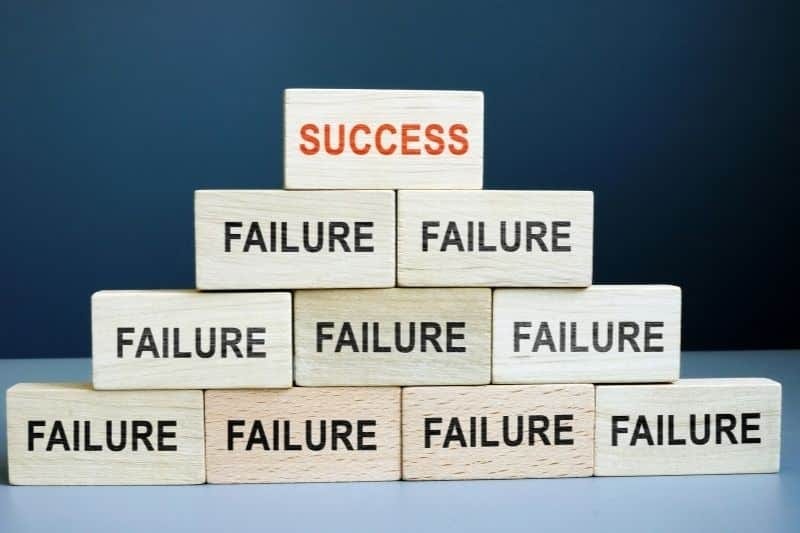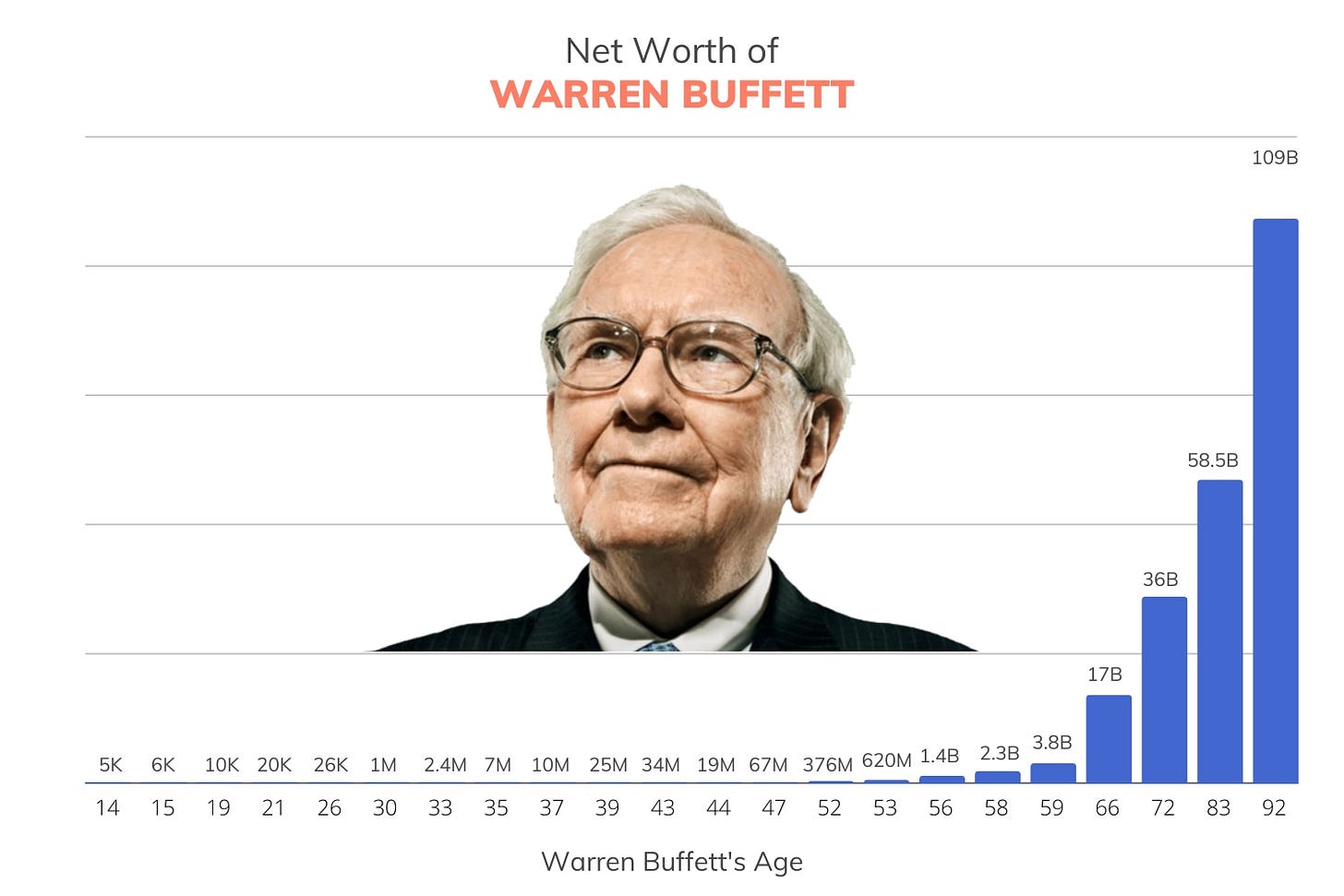The Psychology Of Money!
8 Important Lessons !
The Psychology Of Money
In 2020 Morgan Housel published one of the best-selling personal finance books that has ever been written.
Today we will be looking at the Top 8 Key Takeaways that everyone should know.
Before we start it is important to understand that this book is not about the best investing advice but how you can significantly improve your wealth building abilities.
Luck and Risk
Luck and risk are more important than hard work and skills. It is imperative to understand that when we set long-term financial goals and plan there will always be factors which are outside of our control.
One example that Morgan Housel uses is Bill Gates. He explains that Gates had a stroke of luck, as the high school he attended had a computer which was extremely rare as that was one of the few globally that had one.
Consider that we are one person in this world with seven billion others and therefore it is impossible for 100% of our actions to dictate 100% of our outcomes.
Whenever we have success we will look to our skills, hard work and dedication, however whenever we are unsuccessful we blame bad luck.
The reality here is that we are all affected by luck and skill, yet some of us are significantly more lucky than others.
It’s Not About How Much You Earn, But About How Much You Save
There are 3 types of individuals:
Those who save
Those who don’t think they can save
Those who don’t think they need to save
Those most important factor when trying to build wealth is to do with your savings rate and nothing to do with your income or investment returns.
Housel talks about the link and in fact creating balance between investing well, having a frugal lifestyle and saving a large enough portion of your income.
It is key to avoid keeping up with the Joneses. That is to buy things you don’t need to impress people you don’t like.
Investment returns can make you rich but there is uncertainty that comes along with this.
Your income also comes with a cloud of uncertainty.
What you can control today, tomorrow and in the future is your savings rate.
Don’t Keep Moving The Goalposts
When is it ever enough?
Bernie Madoff is one of the world’s most notorious fraudsters. Why? He conned people out of $65bn.
Did Bernie need to do these illegal activities? No, he was hugely successful before this and was making millions a year. He was wealthy through legitimate channels.
So why did he con people? It wasn’t enough for him.
Taken directly from the book:
“At a party given by a billionaire on Shelter Island, Kurt Vonnegut informs his pal, Joseph Heller, that their host, a hedge fund manager, had made more money in a single day than Heller had earned from his wildly popular novel Catch-22 over its whole history. Heller responds, “Yes, but I have something he will never have … enough.”
One of the most important lessons to learn is life is to know when enough is enough and not to continually move the goalposts.
If we always want more, we will never have enough and in some cases in can push us over the edge and force us to risk everything and in Bernie’s case, to lose it all.
Everyone Can Get Wealthy, But Staying Wealthy Is The Challenge
“The number one rule of making money is don’t lose money” - Warren Buffett
There are many ways to get wealthy, but only one way to stay wealthy. Frugality and paranoia.
The vast majority of people chase fast large gains only to end up losing everything.
The point here is to stay patient and by even earning average returns over a long period of time you can build generational wealth.
Good investing is not necessarily about making good decisions. It’s about consistently not screwing up.
Remember that the highest returns tend to be those one-off decisions that can’t typically be repeated.
Freedom
Controlling your time is the highest dividend money pays.
What do people really want? - It’s the ability to do what you want, when you want, with who you want, for as long as you want.
The greatest value of having money is that it gives you that control over your time.
By making the best financial decisions for wealth creation then we can gain control over our time and more importantly our own lives.
Failure Is Coming
The most important part of every plan is planning on your plan, not going according to plan.
We use Benjamin Graham’s margin of safety for analysing stocks and getting to our acceptable buy price, but in this world there are so many factors out of our control, many uncertainties, randomness and events we cannot foresee.
We must always be prepared for the unpredictable nature of the economy and ensure that we have the financial security by having sufficient savings to rely on.
Compounding
Compounding is the process in which an asset’s earnings are reinvested to generate additional earnings over time.
“He who understands it, earns it. He who doesn’t , pays it” - Albert Einstein
Warren Buffett is a good example of compounding, by the age of 30 he had a net worth of $1m, at 92 he had a net worth of over $100bn (as per below).
The key here is to earn a good investment return over a long period of time and let compounding work its magic.
History
History is the study of change ironically used as a map of the future.
Stanford professor Scott Sagan once said something everyone who follows the economy or investment markets should hang on their wall:
“Things that have never happened before happen all the time.”
2 dangerous things happen when you solely rely on investment history as a guide for what the future will bring:
You will likely miss the outlier events that move the needle the most (e.g. COVID)
History can be a misleading guide to the future of the economy and stock market because it doesn’t account for structural changes that are relevant to today’s world
If you’d like to support this work feel free to buy me a coffee. The proceeds will contribute to the running costs of the newsletter.
If you found today’s newsletter helpful please consider sharing it with your friends and colleagues on social media or via email. Your support helps to continue to provide this newsletter for FREE!
Join the community of investors - subscribe now to receive the latest content straight to your inbox each week and never miss out on valuable investment insights.











